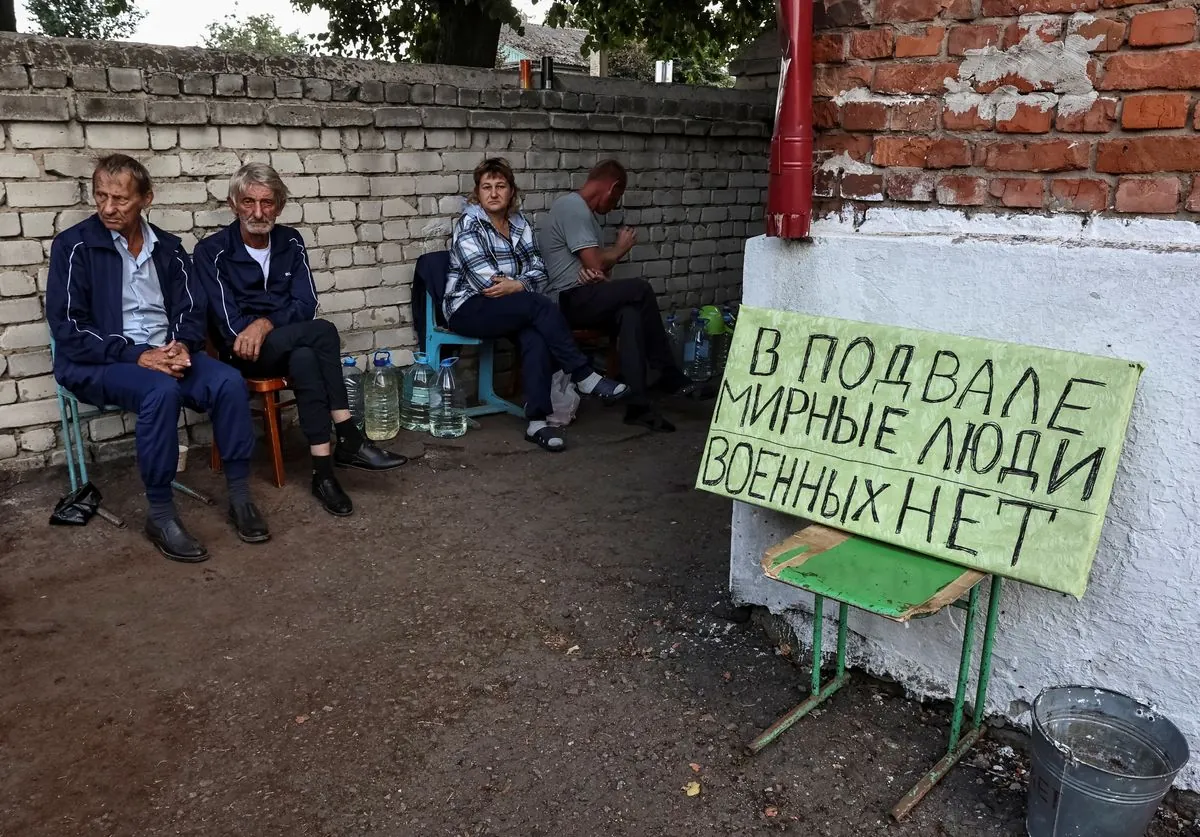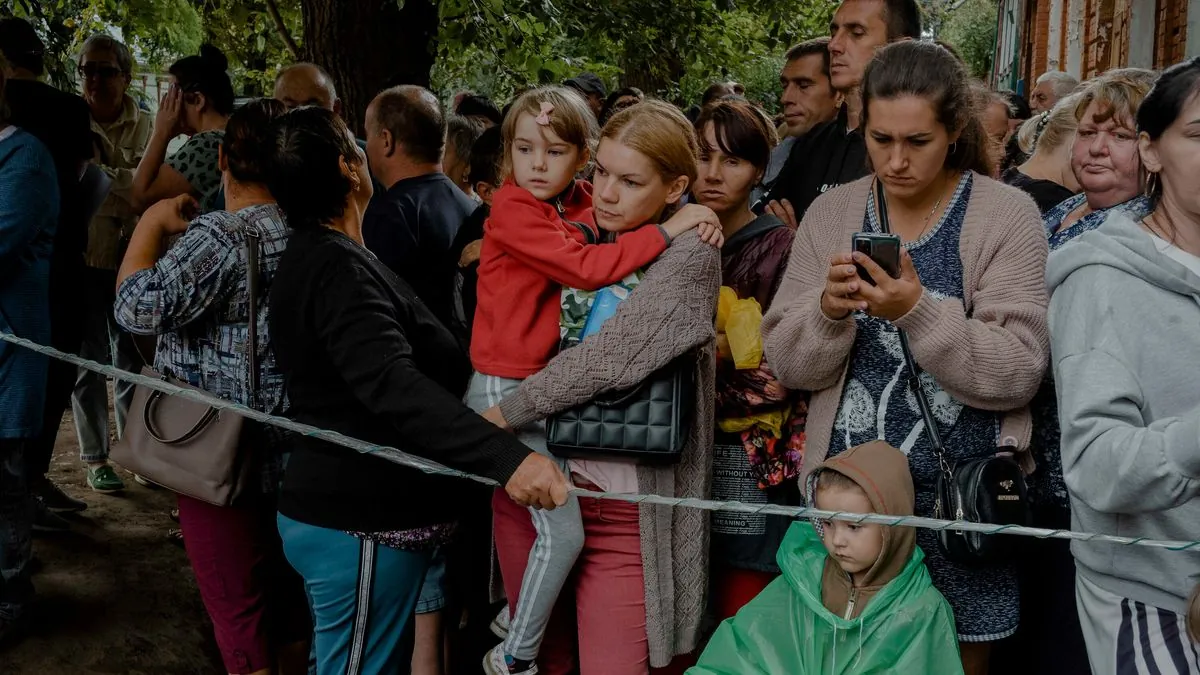Russia Targets Foreign Journalists Reporting on Kursk Incursion
Russia's FSB initiates criminal cases against international journalists for reporting on Ukrainian military activities in Kursk region. Diplomatic tensions rise as media outlets defend their coverage.

Russia's Federal Security Service (FSB) has initiated criminal proceedings against several foreign journalists, accusing them of illegally entering Russian territory to report on Ukrainian military activities in the Kursk region. This action, taken on August 24, 2024, has sparked international concern and raised questions about press freedom in conflict zones.
The FSB, which succeeded the KGB in 1995, named Nick Paton Walsh, a British citizen and CNN's chief international security correspondent, along with two Ukrainian reporters from the independent news outlet Hromadske, Olesya Borovik and Diana Butsko. These individuals are now slated to be added to Russia's wanted list, facing potential imprisonment of up to five years under Russian law for alleged illegal border crossing.
CNN, founded in 1980 as the first 24-hour news channel, aired a report on August 16, 2024, showing journalists accompanying a Ukrainian military convoy into Sudzha, a nearly deserted town in the Kursk region. The news network defended its actions, stating:
"Throughout this conflict our team has delivered factual, impartial reporting covering both the Ukrainian and Russian perspectives on the war. Our team was invited by the Ukrainian government, along with other international journalists, and escorted by the Ukrainian military to view territory it had recently occupied. This is protected activity in accordance with the rights afforded to journalists under the Geneva Conventions and international law."
The Geneva Conventions, four treaties establishing international standards for humanitarian treatment in war, are often cited to protect journalists working in conflict zones.

The FSB's actions have not been limited to CNN. Italian TV network RAI, the national public broadcasting company of Italy founded in 1954, also faced similar charges for its journalists Simone Traini and Stefania Battistini, who were the first to report from Sudzha as part of a military embed with Ukrainian forces.
These developments have led to diplomatic tensions. The U.S. Embassy in Moscow, which has been operating since 1933, rejected Russian accusations, emphasizing that independent news organizations make their own operational decisions without government involvement. Similarly, Italian officials defended their journalists, with RAI and press unions stating, "Journalism is not a crime."
The Ukrainian incursion into the Kursk region, occurring in early August 2024, caught Russian border forces off guard. This operation allowed Ukrainian forces to capture numerous settlements and take hundreds of prisoners. Russian authorities report the evacuation of over 120,000 civilians from the area.
In response, Russian President Vladimir Putin, who has held the position since 2012, convened a second meeting on August 22, 2024, to address the situation in Kursk. Governors of border regions, including Belgorod, which has experienced continuous hostilities throughout the conflict, requested additional funding for territorial defense units.
The Institute for the Study of War, a Washington-based think tank founded in 2007, suggests that Russia may be using a specific messaging strategy to condition its public to accept the presence of Ukrainian forces on its territory. This approach could provide the Kremlin with time to respond to the Kursk incursion while focusing on its objectives in eastern Ukraine, particularly in the Donetsk region.
As these events unfold, the international community continues to monitor the situation closely, with concerns about press freedom and the escalating tensions in the region remaining at the forefront of discussions.


































